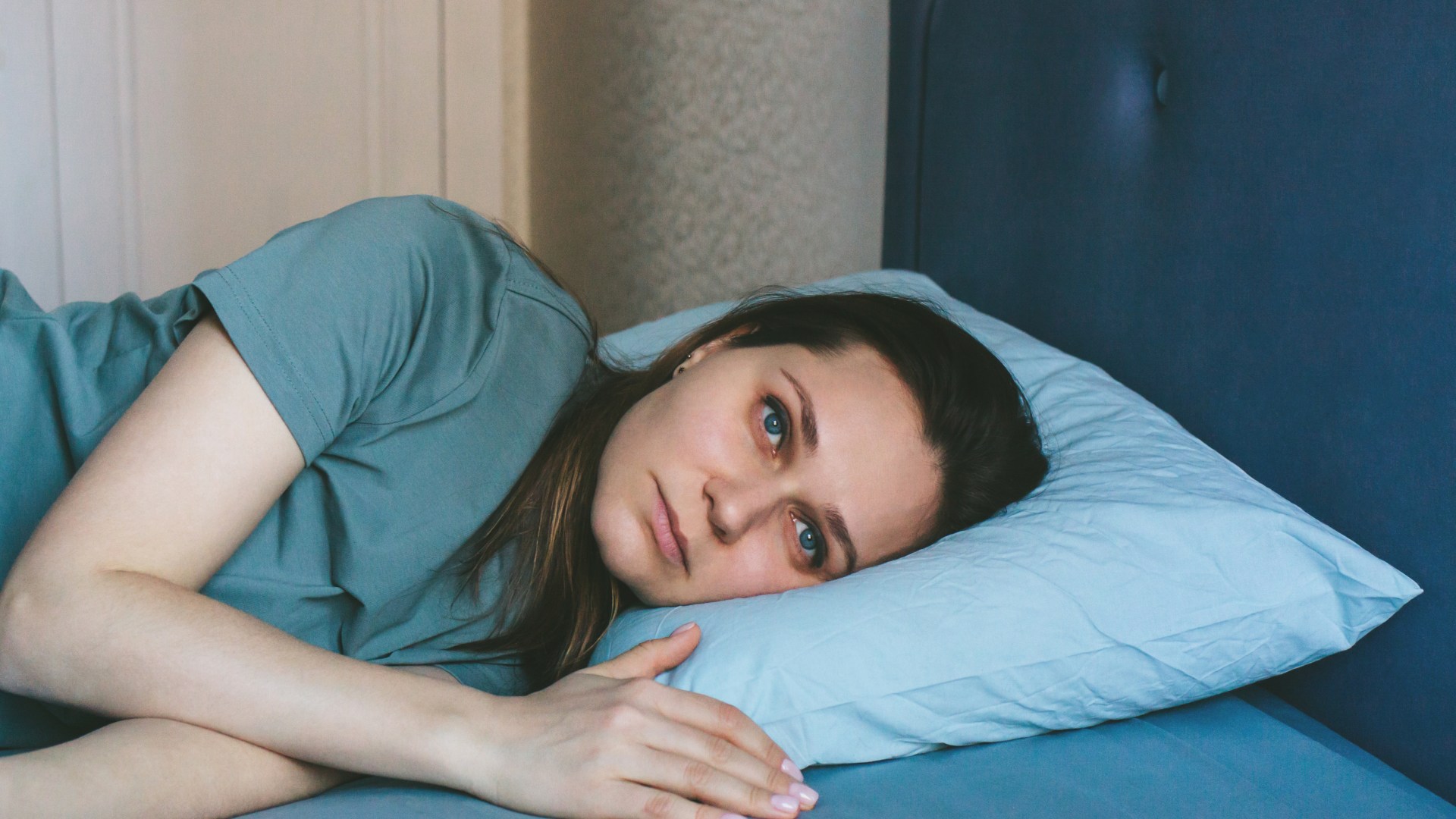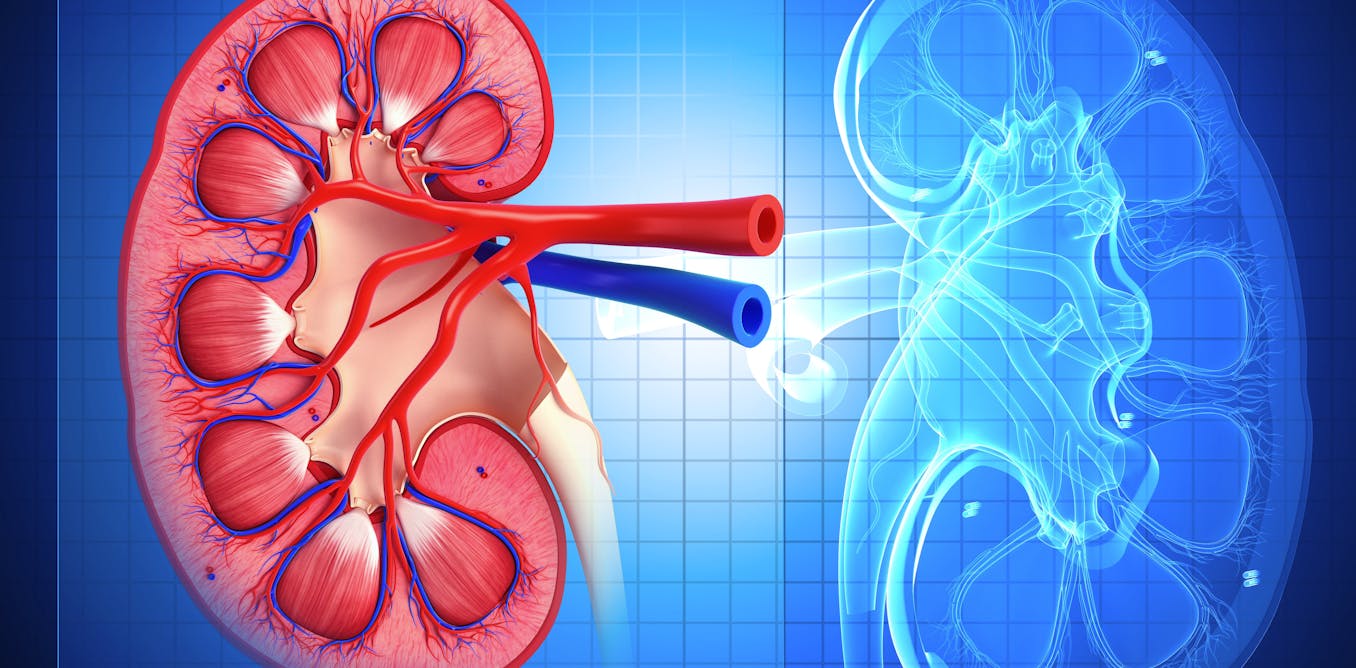STRESS, alcohol, and medications are some of the more common causes for people struggling to get to their shut eye.
Now, a new study has found many of the items in your home could be affecting your chances of you getting some sleep.
4

4
According to a University of Southern California study, per- and polyfluoroalkyl substances (PFAS), also known as ‘forever chemicals’, are linked to insomnia and poor sleep in young adults.
PFAS are a group of over 4,700 chemicals often used in many products, such as firefighting foam and artificial astroturf.
But they’re also found in a number of household items, including:
- Non-stick cookware
- Dental floss
- Shampoo
- Rinse aid for dishwashers
- Nail polish
The study looked at patients who ranged from ages 19 to 24 and found PFAS may impact several genes that control sleep.
One of these genes specifically converts the stress hormone cortisol into cortisone – the hormone that signals you’re getting sleepy.
Study author Shiwen Li told The Guardian: “Because the body needs sleep every day, if PFAS might be interfering with your sleep, that may affect you more immediately than other chronic health issues.”
Patients in the study with high exposures to PFAS had trouble falling asleep and staying asleep.
They also reported feeling tired during the day.
One of the genes impacted by PFAS is the capthepsin B gene, which can create enzymes.

4
In high levels, these have been linked to both sleep disorders and Alzheimer’s disease.
Prior research looking at PFAS has indicated possible impacts on brain chemicals like dopamine, glutamate and serotonin, which are all vital for getting a good night’s rest.
While this study focused on younger adults, a previous study conducted in China showed links between high levels of PFAS and sleep disturbances in pregnant people, as well as their infants.
How to reduce your PFAS exposure
There are some ways to reduce your exposure to PFAS, such as replacing non-stick pans with stainless steel, cast-iron, glass, or ceramic alternatives.
To avoid dental floss that contains PFAS, look for products that are labelled as PFAS-free, or avoid flosses that are marketed as ‘non-stick’ or ‘glides easily’.
Likewise for shampoo, read the label and look for products that don’t contain PTFE or ‘perfluor’ in the ingredients.
Hand washing your dishes can also expose you to PFAS, as they can be found in tap water.
But you can install a water filter to reduce your exposure.
With nail polish, look for products labelled as PFAS-free.
What are PFAS and what other health dangers do they pose?
Per- and polyfluoroalkyl substances (PFAS) are a group of over 4,700 chemicals that are resistant to heat, oil, water, and grease.
Sometimes called ‘forever chemicals’, they’re difficult to break down and can accumulate in the environment and in humans.
They have been linked to a number of health problems, including an increased risk of some cancers, including kidney, prostate and testicular cancers.
They’ve also been shown to reduce the body’s ability to fight infections, cause reproductive effects, such as decreased fertility, as well as changes in liver function, such as high cholesterol.
PFAS is not completely banned in the UK, but some PFAS are restricted.
Some PFAS are restricted under UK REACH, including perfluorooctanoic acid (PFOA) and perfluorooctane sulfonic acid (PFOS).
The UK is developing new regulations to restrict the use of PFAS in consumer goods, textiles, cleaning products, firefighting foam, coatings, cleaning agents, and other wide dispersive uses.

4




